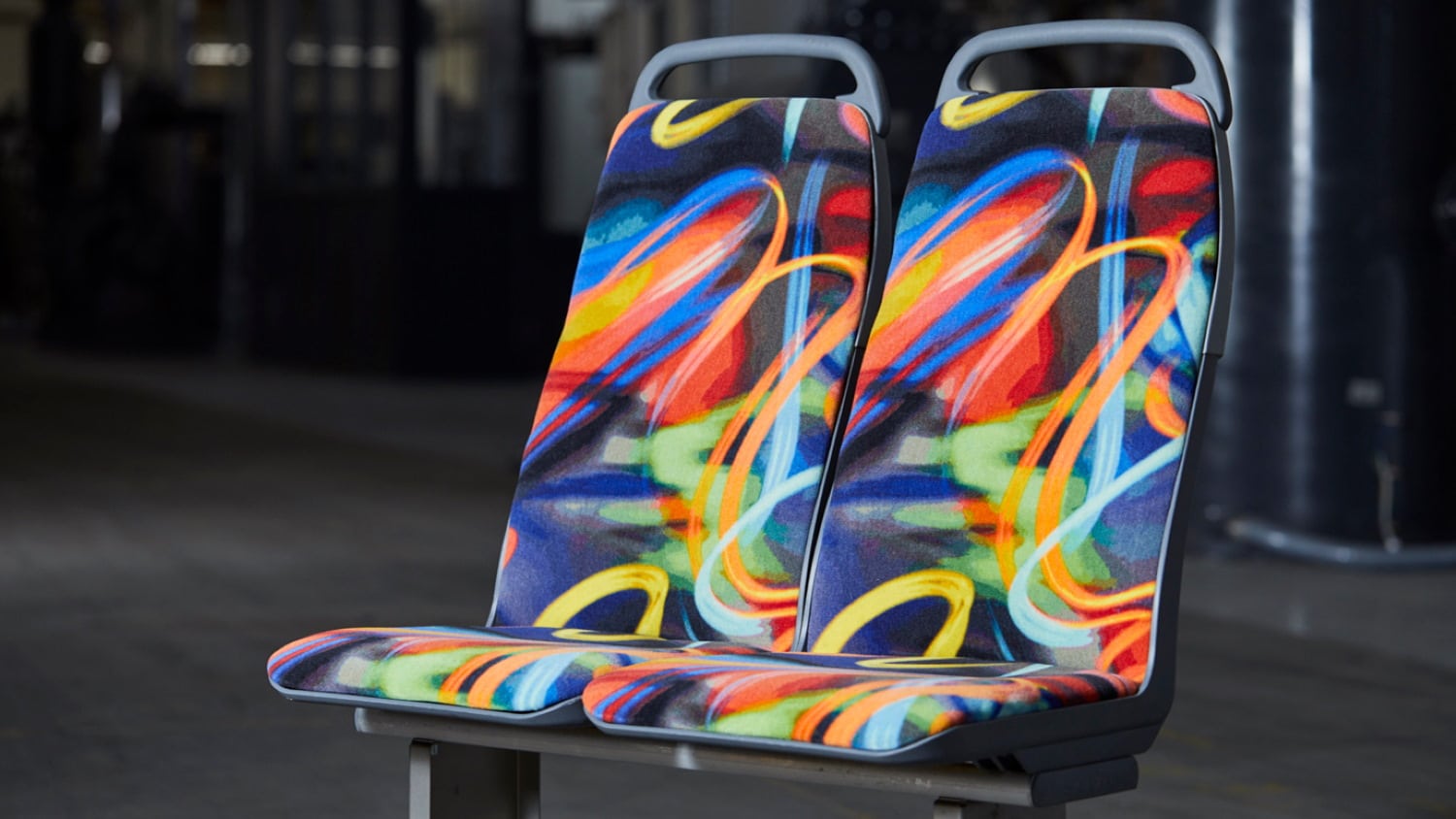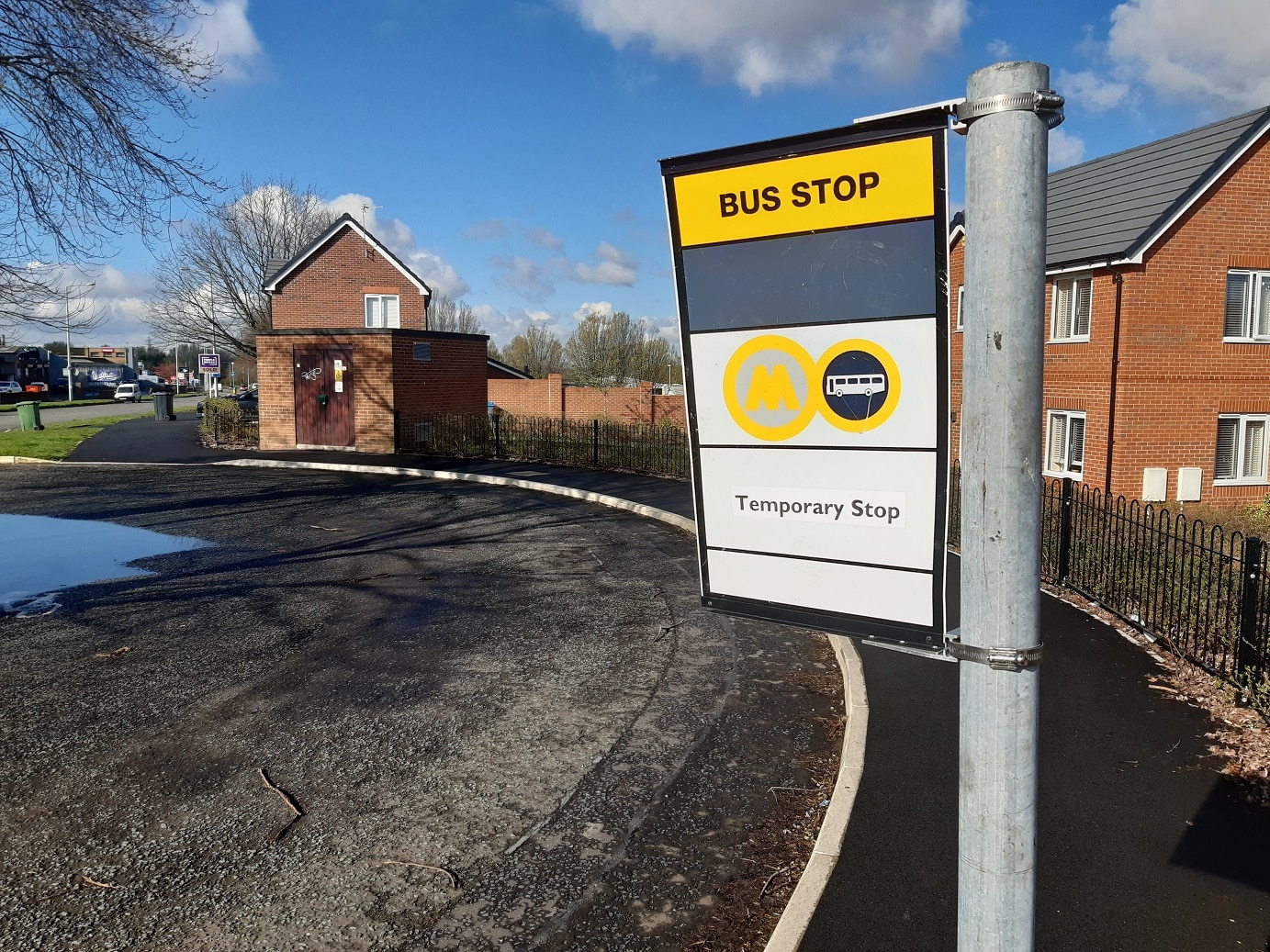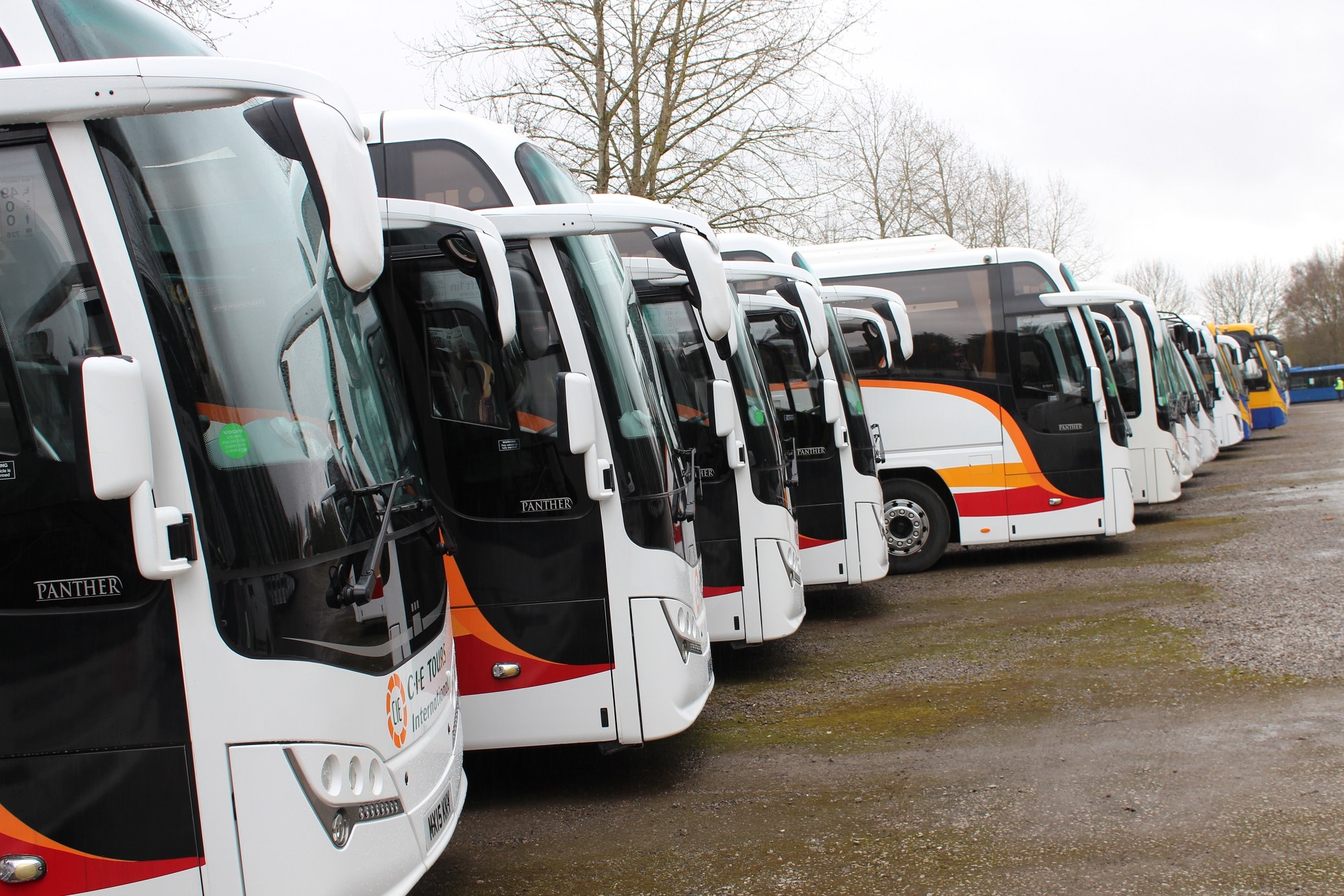What makes a traveller choose coach and bus? Our suppliers reveal a variety of factors, from convenient booking to exterior appearance and comfortable seats
What are the fundamentals of making travel by coach or bus appealing?
Irizar UK Sales Director Julie Hartley says three key elements operators should consider are interior comfort, ride quality, and the exterior experience.
There is much to be done from a manufacturer point of view to refine each of those, and doing so begins before the customer has even boarded. “You want the vehicle to look fabulous,” says Julie. “Kerb appeal creates the expectation of a comfortable and exciting journey before a passenger has even entered a vehicle.”
Once inside, there is a huge scope to make a journey one that a passenger will remember and want to return to. Quality of ride comes first and foremost. “Irizar has put a lot of effort into ensuring there is as little noise, vibration and roll in the vehicle to create a smooth experience,” Julie explains. “That includes thought into how componentry is mounted into the engine bay to reduce vibration.
“In the top-flight integral vehicles, there is huge attention put into the seating for long-distance travel and leg spacing. Even with the 70 seaters in a 3+2 environment, we try to maximise legroom in those vehicles, using individual seats and not bench seats.”
Consideration of how vehicle vibrations affect passengers extends especially to wheelchair users. “We are on a journey towards full accessibility, and it’s important for all passengers to be comfortable travelling,” Julie says. “For wheelchair users unable to experience the comfort of the seat, that’s when the consideration of vibration comes into its own. When a wheelchair is clamped onto the floor of a coach, any excessive vibration will come through to that passenger probably more so than it would on a fitted seat. That is reduced through the damping within the vehicle, by making sure it’s as smooth and rattle free as possible. We always try to consider these things.”
Other touches make a difference too. Irizar integral vehicles can now be fitted with a new design of seatback table that contains a slot for smart phones and tablets. Those requests follow on from operator interest. “Small things which add to convenience or experience that can make a passenger choose travel by coach over, say, a train, are key,” Julie adds. “We look for anything that helps develop that modal shift to get people travelling by coach.”
Julie also highlights shifts in trends when it comes to seat fabrics. Leather seats onboard are now double-stitched rather than piped, as it represents a modern car-like appearance. “We are bringing a level of refinement to give a corporate car feeling. A discerning passenger will feel at home in that environment.”
Fabrics affect interiors
Another company which recognises the potential for fabrics to transform the customer experience is Camira, which this year celebrates 200 years of transport textile heritage.
Peter Daly, Director of Transport Sales, says environmental wellbeing is at the top of consumers’ wish list now, with textiles made from sustainable materials seeing peak desirability.
“Our natural material of choice – one which has featured in our fabrics for 200 years, and on which our transport textile heritage is built – is wool,” he says. “Mother Nature’s wonder fibre, not only is it renewable, inherently flame retardant, stain repellent and ultra-durable, it is also beneficial for passenger health and wellbeing as a result of its breathability, hypoallergenic properties, ability to improve a space’s air quality and antibacterial capabilities.
“Providing exquisite tactility and impeccable aesthetics, woollen fabrics are also the ideal way to bring an element of softness and style to a coach or bus. Creating an environment in which passengers are able to relax, and providing an increased connection to the outside world through their natural composition, these fabrics are able to transform transport interiors from purely functional to impossibly welcoming – and what could be better than that?”
A swing back to comfortable fabrics is among trends also noted by Julie. While flat weave fabrics that resemble car seats may win points for aesthetics, she reveals that many people favour softer moquette seats, particularly on longer journeys.

Making the perfect match
Ensuring that clients are provided with the highest level of customer service is another string to any operator’s bow, and there are suppliers specialised in matching vehicles and operators that are suited to clients’ contract requirements.
National Coach Network (NCN) was founded by Directors Stephen Chesters and Matthew Atkinson in 2013. Having dealt with various brokerages through his time as a coach operator (which he set up at the age of 21), Stephen saw the need for a company within the industry that was there to work together with operators to build a relationship centred around “reciprocal trust and fairness”.
NCN describes itself as a company that “utilises its expertise in marketing and technology to provide leads and operational tools to help push the industry forward”. NCN owns a number of clientfacing brands that generate leads from different areas of the industry (such as corporate, events, and private hire).
“We save clients time when trying to find suitable operators,” explains Matthew. “Our operators are vetted, and feedback is collected from all clients. This is analysed and the feedback is provided back to operators. This helps us to assess service performance so that we can guarantee a high level of service and expertise from the operators that we work alongside.
“We also calculate and provide facilities for clients to offset the environmental impact of their travel and guarantee a high level of aftercare support. Our client relations, sales and booking specialists deal with the client journey through from receipt of enquiry, to ensuring that payment is received (which is provided to the operator in advance) and aftercare support, handing over to the operator for the supply of the service.
“NCN’s Software as a Service platform (operator portal) is a place where operators can ensure all company and fleet details are up to date, search for available and suitable work, and make use of the operational tools.”




























